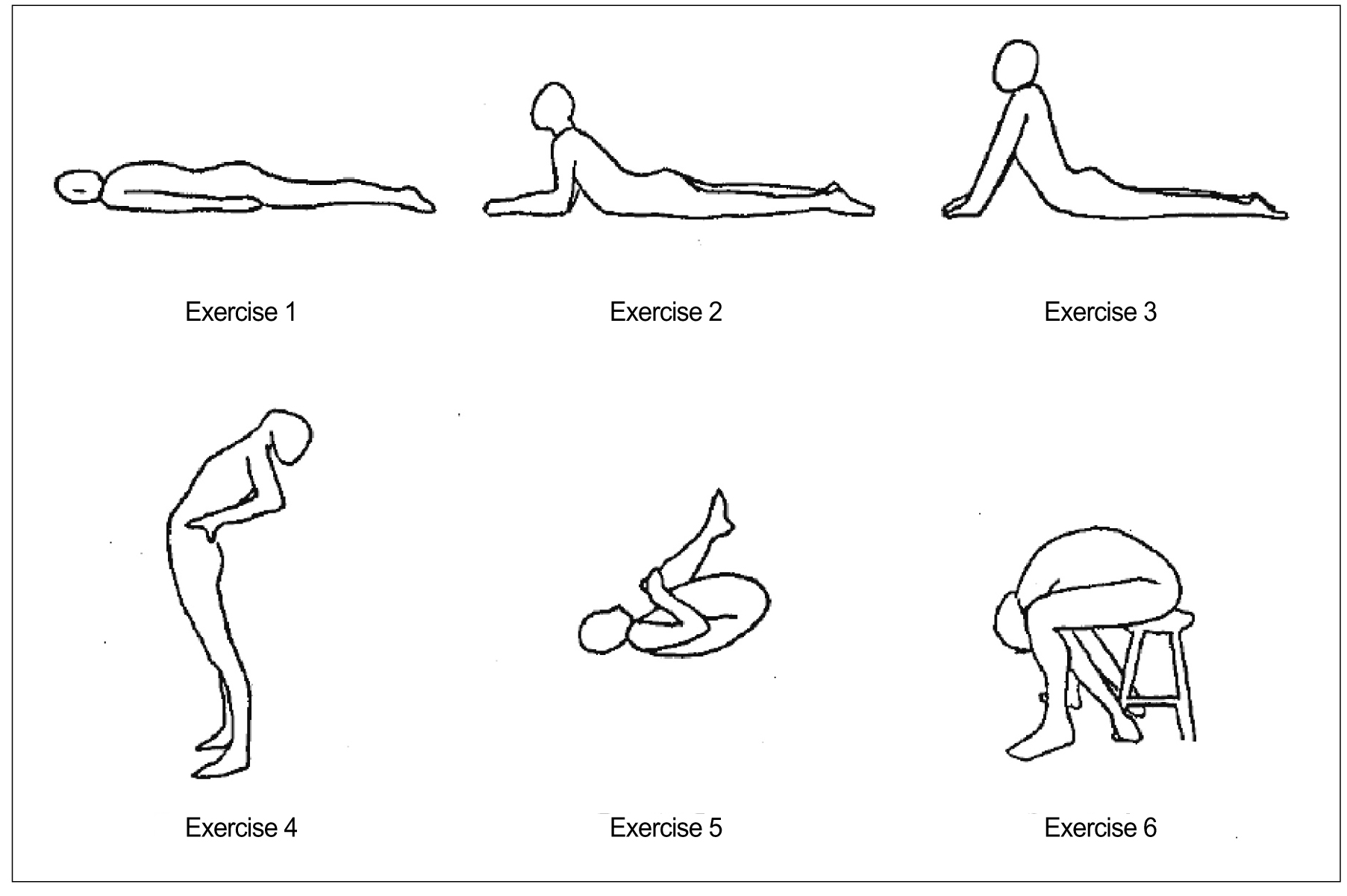IŠIJAS
How can we treat Sciatica?
All health care professionals agree that conservative care should be performed first and that surgery is a last resort for this issue. This is where health care professionals like chiropractors and physiotherapists come in.
1. Heat/Ice Therapy
In the early stages of sciatica, using heat packs or ice packs may help to reduce pain and inflammation at the source of the problem. Heat helps to loosen muscles while ice helps to reduce inflammation and swelling.
2. Chiropractic Care and Physiotherapy
Both chiropractors and physiotherapists use a range of treatments to help relieve pain and promote proper motion. These can include electrotherapy, ultrasound and other modalities, soft tissue therapy, exercises, joint mobilization, and manipulation. Speak to your health care provider about what treatment is right for you.
3. McKenzie Exercises

These are exercises prescribed by chiropractors and physiotherapists that are effective in decreasing leg pain and centralizing the pain (bringing it into the lower back). Speak to your physiotherapist before starting this therapy.
4. Acupuncture and Traditional Chinese Medicine
I have successfully used acupuncture to significantly reduce the symptoms of sciatica for many of my patients. Acupuncture relies on the use of small needles inserted through the skin and into muscles at specific points along our meridian channels. These needles cause micro-trauma to the muscles leading to the release of hormones called endorphins. Endorphins help to calm nerve and muscle pain and reduce symptoms of pain.
5. Lumbar Spine Traction and Decompression Therapy
Some therapists use manual and instrument assisted traction therapy to help spread the lumbar vertebrae and allow disc material to become re-absorbed into the outer disc material. This is a good option to consider if your pain is not improving with other treatment types
6. Pain Medications like NSAIDs
Talk to your physician about painkillers and anti-inflammatory medications to help reduce pain and inflammation. These medications can interact with other prescribed medications that you may be taking so make sure to consult with your physician and pharmacist before taking pain killers.
